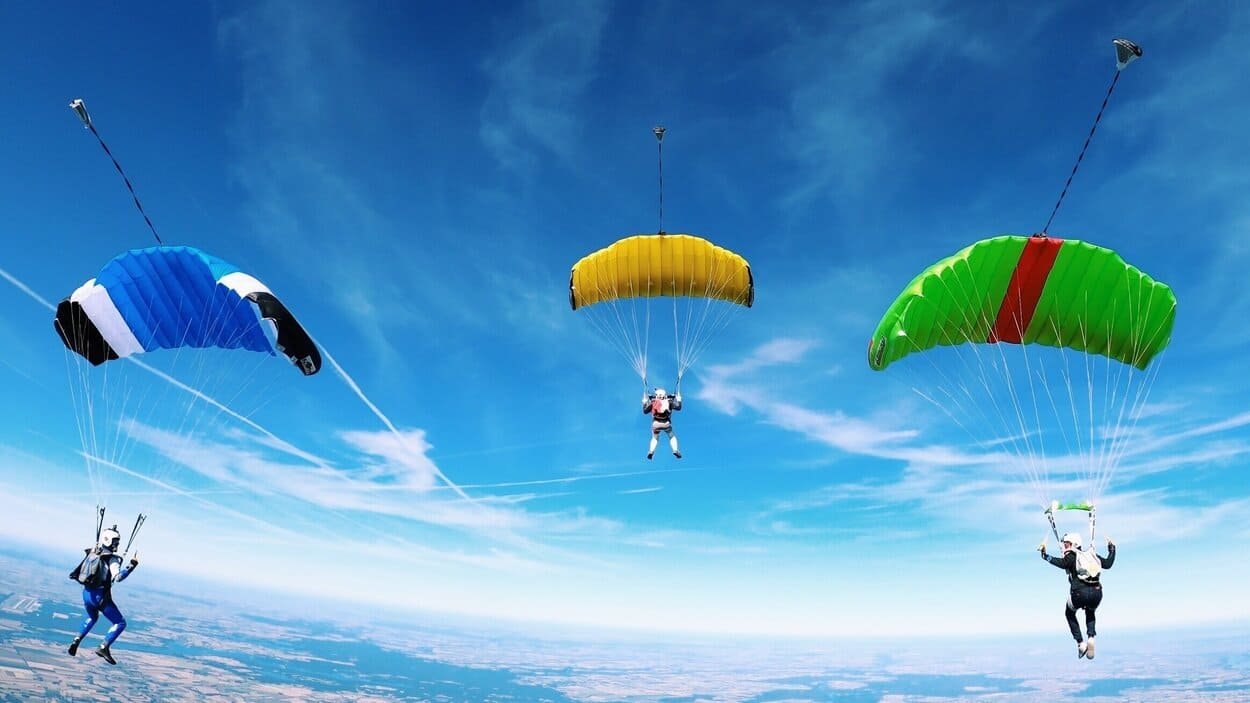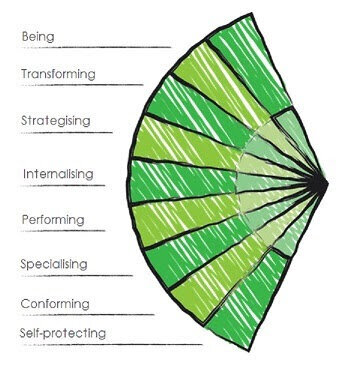The world is calling for Leadership Maturity
Do you have leadership maturity? Does your organisation?
At Within we’re exploring the use of leadership maturity as a map to help locate where individuals are in a team (sort of like a psychological GPS). It’s a useful lens through which to explore how to further leadership development in your organisation so that it meets people where they are, and opens up another pathway to them, with real impact and untold benefits. It’s the difference between having a map to get somewhere and being lost for some time before finding your way.
In The Within Way™ leadership development framework, we use these three principles of leadership to help clients understand the role leaders play in 21st century organisations. There are a range of modules housed in each principle that are customized to client needs.
As this trend takes shape, leadership maturity assessment tools are emerging. These tend to build on the work done around Integral theory, Ken Wilber's attempt to draw together a wide diversity of theories and thinkers into a single framework. Arguably the leading frame for sense making in the world today, Integral theory is portrayed as a "theory of everything".
Some of you may have read Frederic Laloux’s Reinventing Organisations, which draws on Integral theory and references stages of development in organisational systems. The same stages of development or maturity apply to individuals, too.
One assessment tool for leadership maturity we’ve tried is Aephoria’s Identity Maturation Framework (IMf), which we used with our own team a few weeks ago. I’m referencing it here to help explain what we mean by leadership maturity and how it can inform the leadership development of your team.
The IMf maps different stages of leadership maturity that we experience as adults. It’s based on the premise that if you have a more expanded version or narrative of self, you will have greater capacity to be in and with the world — a wider embrace of sorts. If you have a smaller version or narrative of self, your capacity in the world can be more limited.
Over time, maturation affects our ability to think strategically and abstractly, and to hold the paradoxes inherent in the world without resorting to binaries. Leaders at different stages of maturity are naturally better at certain things. For example, ‘later stage’ leaders tend to be more at home with vision, strategy and abstract thinking while ‘early stage’ leaders may be more effective at focusing and adapting to chaotic market conditions.
Using maturity to build high-performing teams
When we know where a team is located, we have more of an understanding of what’s needed to help people consolidate at that level and potentially move up the ladder to the next level of maturity.
One of the briefs we get most often these days is ‘how can we build high performing teams?’ Sound familiar?
Often teams are sitting at Specialising (see IMf diagram above) and the organisation wants them to move to Performing. At Specialising (about 37% of the world’s adults), people’s identity is constructed around their knowledge, skills and experience.
To move up the ladder to Performing (about 30% of adults worldwide), people need a broader identity, based on more than just their cognitive knowledge and technical proficiency. They also need to develop and integrate emotional intelligence, building awareness of their own emotions as well as attunement to others’.
This is the more human side of leadership and can include working with unconscious bias to build more inclusivity and diversity: as my identity expands, my ability to face my own bias, privilege, fragility and defensive behaviour grows.
As we expand our experience of ourselves, we begin to see others more clearly and broadly, and as we see others more clearly we start to see ourselves more clearly and broadly, mutually reinforcing this reciprocal loop. There is an iterative relationship between understanding ourselves and understanding others.
How to start building maturity into your leadership development
Hold the Context:
Build awareness around the context you are prone to holding, according to your level of maturity. Invite new context perspectives, including the science and business case for EQ development so that people at Specialising can open to the benefits of it.
Manage the Energy:
Explore the qualities of human leadership and study examples of great leaders in the world. Build self awareness and self management around emotions, as well as unconscious bias. Cultivate empathy for others and build interpersonal skills, including working with conflict and having courageous conversations.
Coach, Don’t Play:
Support leaders to trust and empower themselves and others, to enhance their individual responsibility and agency.
Where does this leave us?
As we climb higher up the mountain, we gain perspective. Leadership maturity offers us an interesting way to understand and navigate the climb.
For me, this is exciting because it offers us another way to cultivate our capacity to think, feel and act in complexity; to broaden our sense of self, others and the world, with less or better managed unconscious bias; to build humility; and to increase our agility and creativity.
And that’s what the world is asking of us today.



